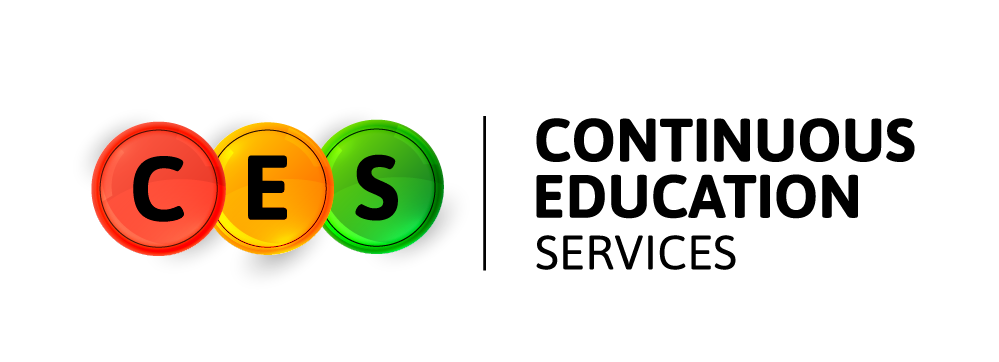Posted 7 years ago - 2 Minute(s) to read
Pharmacy Council to Upgrade Professional Practice in Ghana
The Pharmacy Council (PC) is working towards upgrading professional practice in the country to conform to international best practices. As a result, the Doctor of Pharmacy (Pharm D) degree will now be the minimum qualification for a person to practise pharmacy in Ghana.
The Deputy Registrar in charge of Professional Development at the PC, Mr Albert Wiredu Arkoh, who disclosed this in an interview with the Daily Graphic in Accra yesterday, said the PC was working closely with the various pharmacy training institutions to fashion modalities for the successful implementation of the policy within the next 10 years.
Currently, the minimum qualification for the practice of pharmacy in the country is a Bachelor of Pharmacy (Pharm B) degree.
Rationale
Mr Arkoh explained that the move was in response to a directive issued by the West African Health Organisation (WAHO), a specialised institution of the Economic Community of West African States (ECOWAS) responsible for health issues in the West African region.
He said the WAHO, in line with its objective to achieve high standards in health-related activities, had directed all member institutions to make the Pharm D the minimum qualification for the practice of pharmacy in the subregion within a 10-year period.
As part of efforts to achieve that objective, the PC has directed all pharmacy training institutions in the country to admit only students who intend to pursue Pharm D in the 2018/2019 academic year.
“The decision is in line with the WAHO’s standardisation of pharmacy practice in the region.
And as a member of the organisation, it is important for us to sign onto it and apply it accordingly,” Mr Arkoh added.
Doctor of Pharmacy
A Doctor of Pharmacy is a professional doctorate in pharmacy which, in some countries, is the prerequisite for licensing to practise or to become a clinical pharmacist.
In Ghana, Pharm D is a six-year course offered in the various pharmaceutical training institutions in the country.
The institutions are the Kwame Nkrumah University of Science and Technology in Kumasi, the University of Ghana, Legon, the University of Health and Allied Sciences in Ho, and the Entrance University College of Health in Accra.
Currently, an aggregate of 06 in the West Africa Senior School Certificate Examination (WASSCE) results is the acceptable cut-off point for interested applicants to pursue the programme.
According to Mr Arkoh, the first batch of students who pursued PharmD at KNUST in the 2012/2013 academic year, graduated in 2018, and were currently working in various pharmaceutical institutions.
He urged professionals, who were practising with the Pharm B qualification to take advantage of the one-year top-up programme, rolled out in the various training institutions to upgrade themselves.






